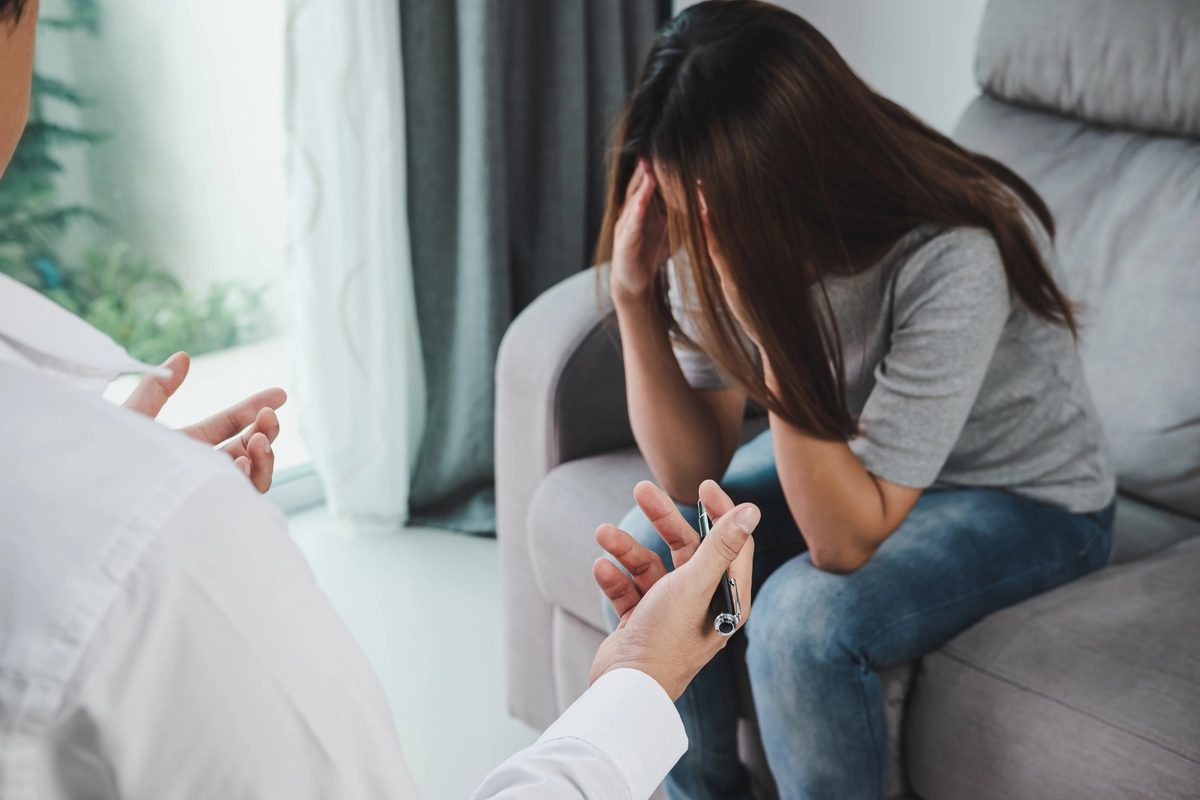24/7 Helpline:
(866) 899-221924/7 Helpline:
(866) 899-2219
Learn more about Schizophrenia Treatment centers in Union County

Other Insurance Options

CareFirst

Amerigroup

Aetna

American Behavioral

Anthem

Sliding scale payment assistance

CareSource

WellPoint

Multiplan

Covered California

GEHA

Lucent

Group Health Incorporated

UnitedHealth Group

Ceridian

Absolute Total Care

Highmark

Evernorth

Ambetter

Kaiser Permanente

Northern Hills Alcohol and Drug Treatment
Compass Point is a non-profit rehab located in Sturgis, SD. Compass Point specializes in the treatme...

Compass Point
Compass Point provides prevention, intervention, and treatment services in the Northern Black Hills....

River Valley Behavioral Health
River Valley Behavioral Health is an outpatient clinic that provides behavioral health services, sub...

Counseling Center
Counseling Center is a private rehab located in Morganfield, Kentucky. Counseling Center specializes...

Michiana Addictions Prevention
Michiana Addictions Prevention is a private rehab located in Sturgis, Michigan. Michiana Addictions ...













































































